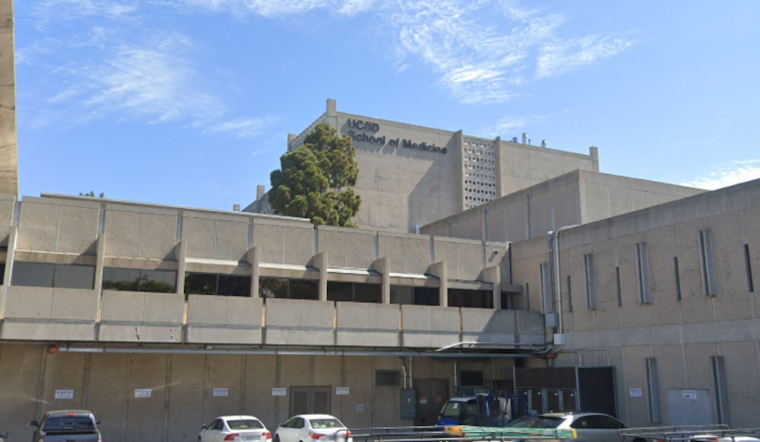
In a focused effort to address the opioid crisis, the University of California San Diego School of Medicine is spearheading an initiative to create an AI model that promises to more accurately predict the risk of opioid addiction in patients, as disclosed by UC San Diego Health. Funded by Wellcome Leap as part of their $50 million "Untangling Addiction" program, this project is driven by the pressing need to better manage opioid prescriptions and their consequential risks.
The growing concern stems from opioid addiction statistics, with nearly 40 million affected worldwide, the rate of addiction has reached alarming levels prompting a response, in part the U.S. Department of Health and Human Services declared the situation a public health emergency in 2017 and since this recognition, efforts like UC San Diego's predictive model project are expected to provide actionable insights and tools for practitioners. The novel GenAI system, a form of generative artificial intelligence, will be leveraged to assess a wide spectrum of data from electronic health records (EHR) to genomic information, aiming to pinpoint potential cases of addiction before they escalate.
"The AI model will help to identify who is most at risk for an opioid addiction and implement useful resources to help manage their opioid regimen," Rodney Gabriel, MD, stated, as per UC San Diego Health. The crux of the initiative seems to focus on the promise of artificial intelligence and the predictive capabilities it could provide to the healthcare field, particularly in high-risk patients. This approach aims to curb the potential for addiction at the outset of an opioid prescription.
Ruth Waterman, MD, chair of the Department of Anesthesiology at UC San Diego School of Medicine, delineated the larger implications of this research, indicating that findings from this project will extend beyond addiction, ultimately enhancing patient care across a variety of healthcare encounters and she emphasized the value of anesthesiologists' access to secure data, which aids in delivering safe care and will be pertinent to AI's role in optimizing patient treatment and preventatives measures, Gabriel and his team plan to road-test the AI tools in clinical settings with the support of the Joan & Irwin Jacobs Center for Health Innovation at UC San Diego Health, which is set to handle the technical and collaborative necessities of such an innovative approach.
For Karandeep Singh, MD, the inaugural chief health AI officer at UC San Diego Health, the project is described as indispensable for evaluating the true potential of generative AI in medicine, with a particular focus on predicting opioid risk. The underpinning ambition of the researchers is to eventually develop a genomic and microbiome panel available for clinical use, facilitating real-time predictions and preemptive actions against the development of opioid addiction, thereby transforming and potentially saving many lives drawn into the spiral of addiction.




-1.webp?w=1000&h=1000&fit=crop&crop:edges)




